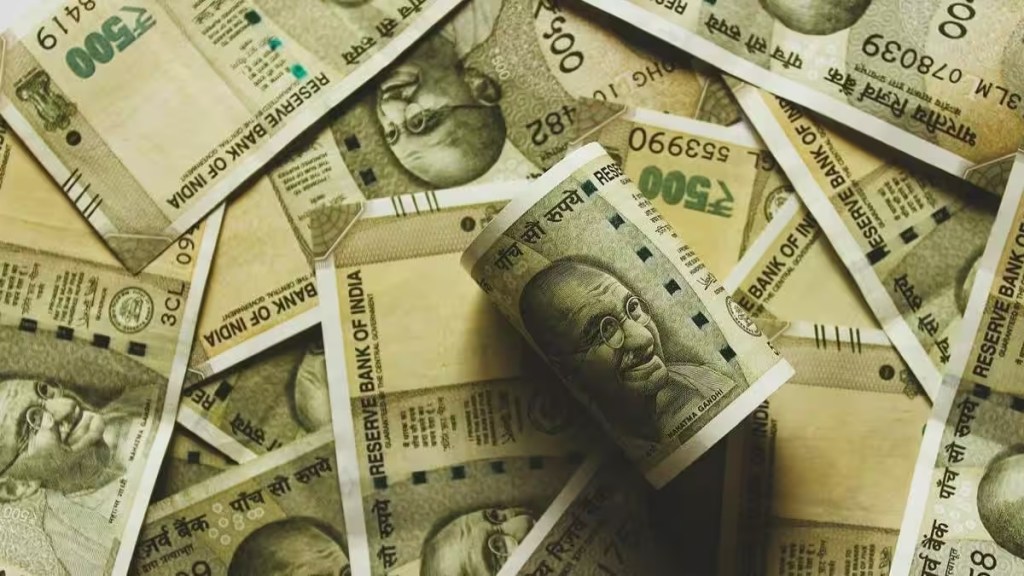The government has allocated Rs 1.71 trillion towards fertiliser subsidy during April-January period of FY24, minister of state for fertiliser Bhagwanth Khuba on Friday stated in Parliament.
The amount of subsidies allocated for soil nutrients in the first ten months of the current fiscal is 91% of the revised estimate of Rs 1.88 trillion for 2023-24, which is down 25% from a record of Rs 2.51 trillion in FY23 because of softening of global prices.
For the next fiscal, the subsidies towards soil nutrient is estimated at Rs 1.64 trillion.
In a written reply to Lok Sabha, Minister of State for Chemicals and Fertilisers Bhagwanth Khuba said the government provides subsidies on various fertilizers to ensure adequate availability of fertilizers at affordable prices to farmers.
Retail prices of phosphatic and potassic (P&K) fertilisers, including DAP were ‘decontrolled’ in 2010 with the introduction of a ‘fixed-subsidy’ regime as part of Nutrient Based Subsidy (NBS) regime. The government announces NBS for kharif and rabi seasons.
“Under this policy, maximum retail price is fixed by fertilizer companies as per market dynamics at a reasonable level which is monitored by the government. Accordingly, any farmer of India including poor and marginal farmers who buy these fertilizers gets benefits of subsidy,” Khuba stated.
In the case of urea, farmers pay a fixed price of Rs 266 per bag (45 kg) against the cost of production of around Rs 2650 per bag. The balance is provided by the government as a subsidy to fertiliser units.
In terms of volume, imports account for a third of domestic soil nutrients consumption of around 65 million tonne (MT) annually .
India meets about 75-80% of the volume of consumption of urea of around 36 MT annually from domestic production while the rest is imported from Oman, Egypt, the Unite Arab Emirates, South African and Ukraine.
Nearly half of country’s di-ammonium phosphate (DAP) requirements are imported via (mainly from West Asia and Jordan) while the domestic Muriate of potash (MoP) demand is met solely through imports (from Belarus, Canada and Jordan, etc).

